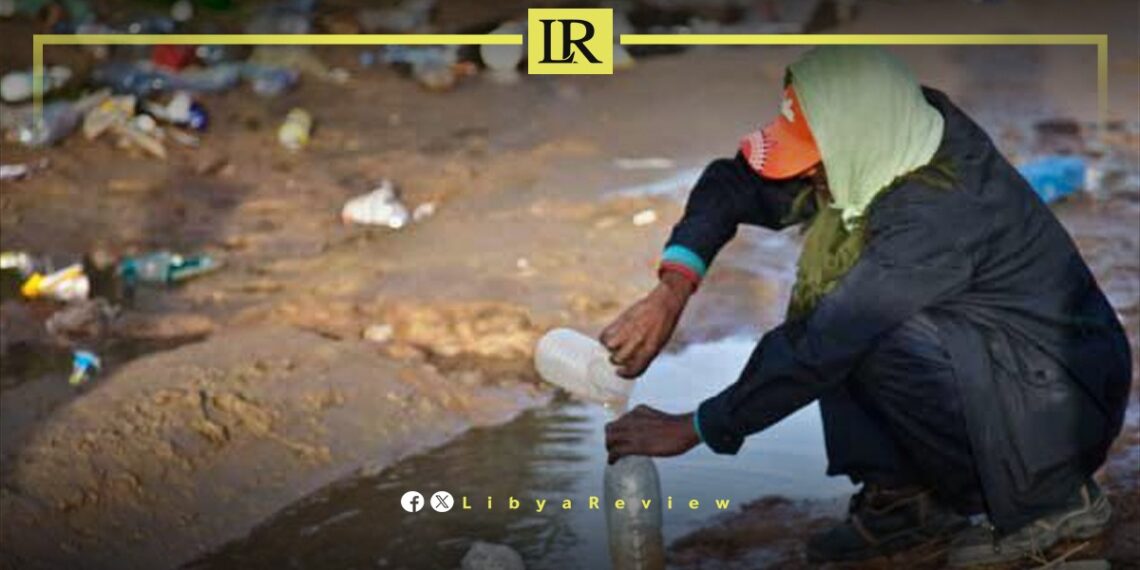The United Nations Children’s Fund (UNICEF) sounded the alarm about the impending water scarcity crisis in Libya. It identified it as the sixth most endangered nation in the face of this looming threat.
With the specter of drought and insufficient water resources casting a long shadow, UNICEF’s announcement underscores the urgent need for action to avert a full-blown disaster.
According to UNICEF, the situation in Libya demands an immediate and comprehensive reform of its water management systems. The current infrastructure, plagued by years of neglect and conflict, is in dire need of an upgrade to ensure sustainable and equitable access to water for all citizens.
The call to action stresses the importance of developing strategies that are sustainable in the long term and can be adapted in response to the ongoing challenges posed by climate change.
UNICEF’s appeal for a systemic overhaul in Libya’s water management highlights the critical need for investment in infrastructure, technology, and human resources. These measures are essential to build resilience against the increasing variability of water availability and to secure a future where water scarcity does not compound the existing problems.
Libya grapples with the multifaceted challenges of political instability, economic hardship, and environmental stressors. UNICEF’s warning serves as a timely reminder of the essential role that water plays in the nation’s survival and stability.
The international community, along with local stakeholders, is urged to prioritise water security in their agendas to prevent the impending crisis from exacerbating the already fragile condition.
Libya has been in chaos since a NATO-backed uprising toppled longtime leader Moammar Gaddafi in 2011. The county has for years been split between rival administrations.
Libya’s economy, heavily reliant on oil, has suffered due to the ongoing conflict. The instability has led to fluctuations in oil production and prices, impacting the global oil market and Libya’s economy.


